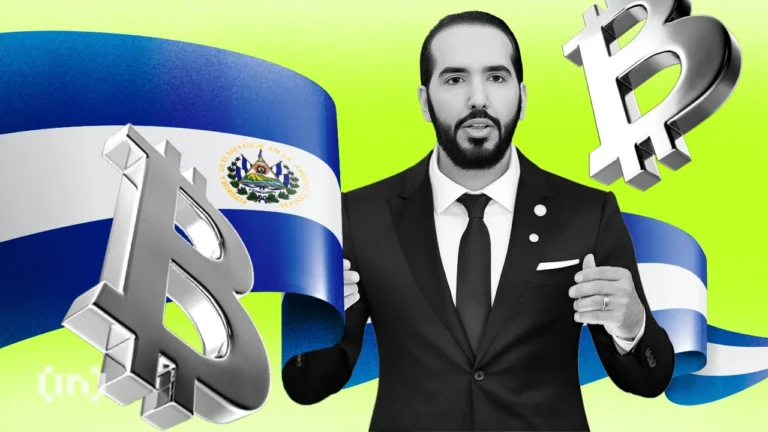Hook: Is the U.S. Finally Waking Up to Crypto Like El Salvador Did?
A surprising twist is happening in the world of cryptocurrency regulation. The United States, often seen as slow and hesitant when it comes to crypto laws, might actually be following the lead of a much smaller country—El Salvador. According to Michele Crivelli, a Web3 executive and founder of NexBridge, the U.S. is adopting the same approach that El Salvador took back in 2021 to create a legal framework for digital assets.
So, why is this important? If the U.S. truly follows this path, it could signal a massive shift in global crypto regulation, making Bitcoin and other digital assets more mainstream and legally accepted. But what does this mean for you as a crypto enthusiast? Let’s break it down step by step.
Step 1: El Salvador’s Big Bet on Bitcoin
Back in 2021, El Salvador made history by becoming the first country to make Bitcoin legal tender. This meant businesses had to accept BTC as a form of payment, and the government even gave free Bitcoin to citizens to encourage adoption. To manage this, the country set up a National Commission of Digital Assets, a special regulatory body dedicated to handling crypto laws and policies.
Key takeaway: Smaller, more agile countries like El Salvador often experiment with new financial models before bigger nations take notice.
Step 2: The U.S. Is Now Following El Salvador’s Playbook
Crivelli argues that the U.S. is now doing exactly what El Salvador did—setting up a regulatory commission to study digital assets. The U.S. government has created the Working Group on Digital Asset Markets, which will explore how to regulate Bitcoin and crypto assets.
Key takeaway: The U.S. government is no longer ignoring crypto—it’s actively trying to regulate and integrate it.
Step 3: Why This Matters for Bitcoin’s Future
This shift is a big deal because when a superpower like the U.S. starts moving toward crypto adoption, it forces the rest of the world to pay attention. If the U.S. creates clear and favorable regulations, it could lead to:
- More institutional adoption (big companies and banks entering the market)
- Increased Bitcoin legitimacy (fewer bans, more legal clarity)
- Higher Bitcoin prices (as demand grows)
Key takeaway: If the U.S. fully embraces Bitcoin, we could see a global domino effect in crypto adoption.
Step 4: El Salvador Still Loves Bitcoin—Despite IMF Pressure
While the U.S. is catching up, El Salvador is still doubling down on Bitcoin. Despite pressure from the International Monetary Fund (IMF)—which forced the country to repeal its Bitcoin legal tender law in exchange for a loan—El Salvador is still accumulating Bitcoin. The government just bought another 12 BTC, bringing its total holdings to over 6,051 BTC.
Even Tether (USDT’s issuer) is moving its headquarters to El Salvador because of the country’s pro-crypto stance.
Key takeaway: Even though big financial institutions try to push back against Bitcoin, El Salvador is proving that a nation can still thrive by embracing crypto.
Final Thoughts: What Should You Take from This?
- Crypto regulation is evolving—even in countries that were slow to act, like the U.S.
- El Salvador was ahead of the curve—and now the U.S. is following its strategy.
- Bitcoin adoption isn’t slowing down—even as global regulators try to control it.
- If the U.S. successfully implements fair regulations, it could ignite the next major bull run.
This story isn’t just about government policy—it’s about the battle for the future of money. If you’re in crypto, this is your chance to be ahead of the game before the next big wave hits. Keep watching how the U.S. handles its new digital asset laws—because it might be the start of something huge.



